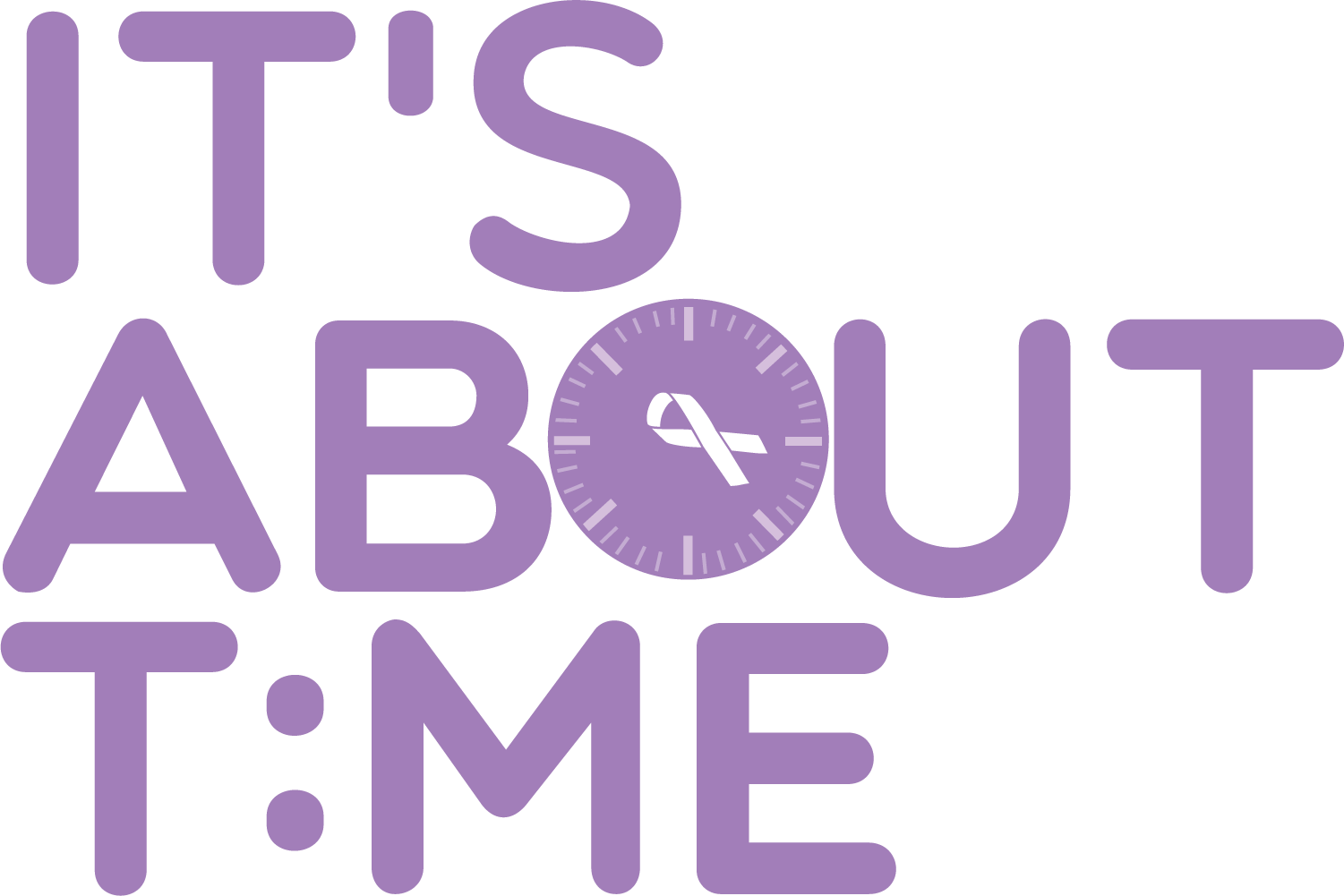Rebecca
"I have been able to find a new kind of normal."
“It’s cancer” are two words that nobody ever wants to hear once in their life. However, I have had the pleasure of sitting across from an Oncologist hearing those words said to me twice…before I even hit my mid 30’s.
The first time was in 1995, at age 14, during the summer before my freshman year of high school when I was diagnosed with Leukemia. I spent my first two years of high school on a very intense chemotherapy protocol, and during my prime teenage years I was bald, bloated, and constantly sick. I went into remission and after my treatment was over, I was able to move on with my life. I graduated high school on time, went to college and graduate school, and begin building a career in New York City. While I had a label of “cancer survivor”, I never really dwelled on what that meant or shared it with those outside my close circle of friends. As time passed, my memories of living in cancer-land faded.
But then, almost 20 years later, my world was rocked again in May, 2014 when I heard those two words for the second time. While putting on a bra, I felt a lump in my left breast that seemed to appear overnight. Keeping my past history in mind, I knew to have it checked out right away. After a series of biopsies and medical tests, I was diagnosed with an advanced form of IDC [Invasive Ductal Carcinoma] breast cancer. I found out 4 days before my 33rd birthday that my cancer was metastatic, and had already spread to my lymph nodes, lungs and sternum. This placed me among the less than 10% of patients diagnosed as Stage 4 de novo (from the start); a subset considered to be treatable, but incurable, and most likely, based on current statistics, ultimately terminal.
I knew that making it to my 34th birthday would be a challenge at best; an unimaginable reality that nobody wants to face once, let alone twice, at still such a young age. Having already experienced a cancer diagnosis, and chemotherapy treatments, I had an idea and a grasp of what this new diagnosis meant, and how significantly it would impact not only my life, but the lives of all of those who love and care for me. In some ways, it has been harder on them to watch me endure life as a permanent cancer patient than it has been for me to experience it personally. My friends and family have been with me every step of the way, for which I am eternally grateful, and share my feelings of helplessness and being out of control. But they also have an extreme sense of guilt and despondency, that despite a limited family history cancer, and no genetic abnormalities, that I have had to be on some form of cancer treatment for over 11% of my life, while they have all been able to live healthy, “normal” lives to date.
While I have endured numerous ups and downs since my diagnosis, including changing treatment protocols 4 times in 2 years, the discovery of and radiation to 7 breast cancer brain lesions in February, 2016 (which caused a seizure disorder that may or may not become permanent), I have been able to find a new kind of normal. Even with a rigorous schedule of treatments, scans, medications, and various doctors’ appointments, I have been able to maintain my lifestyle as a single, New York City gal. I still work full-time, travel regularly, and enjoy spending time with friends and family, including my 16 month old nephew. And sometimes the most fun things for me are simply doing errands and chores, like laundry and grocery shopping, because that is what a normal 35 year old single woman does. Yes, there are days where I feel extreme levels of fatigue and my body gets stiff, and nothing feels better than hunkering down in my apartment with take-out and a Law and Order marathon.
Despite living with the day-to-day and long-term effects of Stage 4 breast cancer and the substantial toll it takes physically, emotionally, and socially, I consider myself to be extremely lucky. Patients with similar diagnoses to mine would have been given an automatic death sentence in all too recent past. But due to new drugs, improvements in medical technology, and the hard work, dedication, and advocacy of doctors, researchers, patients, and volunteers worldwide, I am still here. Sometimes I feel like a living science experiment, but the point is I am a living one.
- Oregon
- North Carolina
- Indiana
- Tennessee
- Alabama
- Arkansas
- Washington
- Utah
- West Virginia
- Colorado
- Massachusetts
- Missouri
- Arizona
- Wisconsin
- Nevada
- New York
- Kentucky
- Hawaii
- Minnesota
- California
- Florida
- Pennsylvania
- Michigan
- Canada
- Texas
- Illinois
- Connecticut
- New Hampshire
- Ohio
- Georgia
- Maryland
- Ontario
- Virginia
- Idaho














